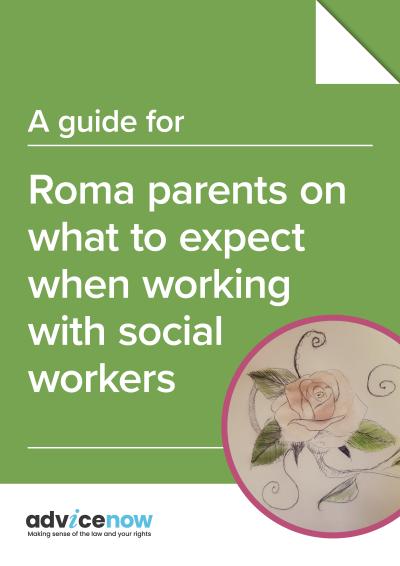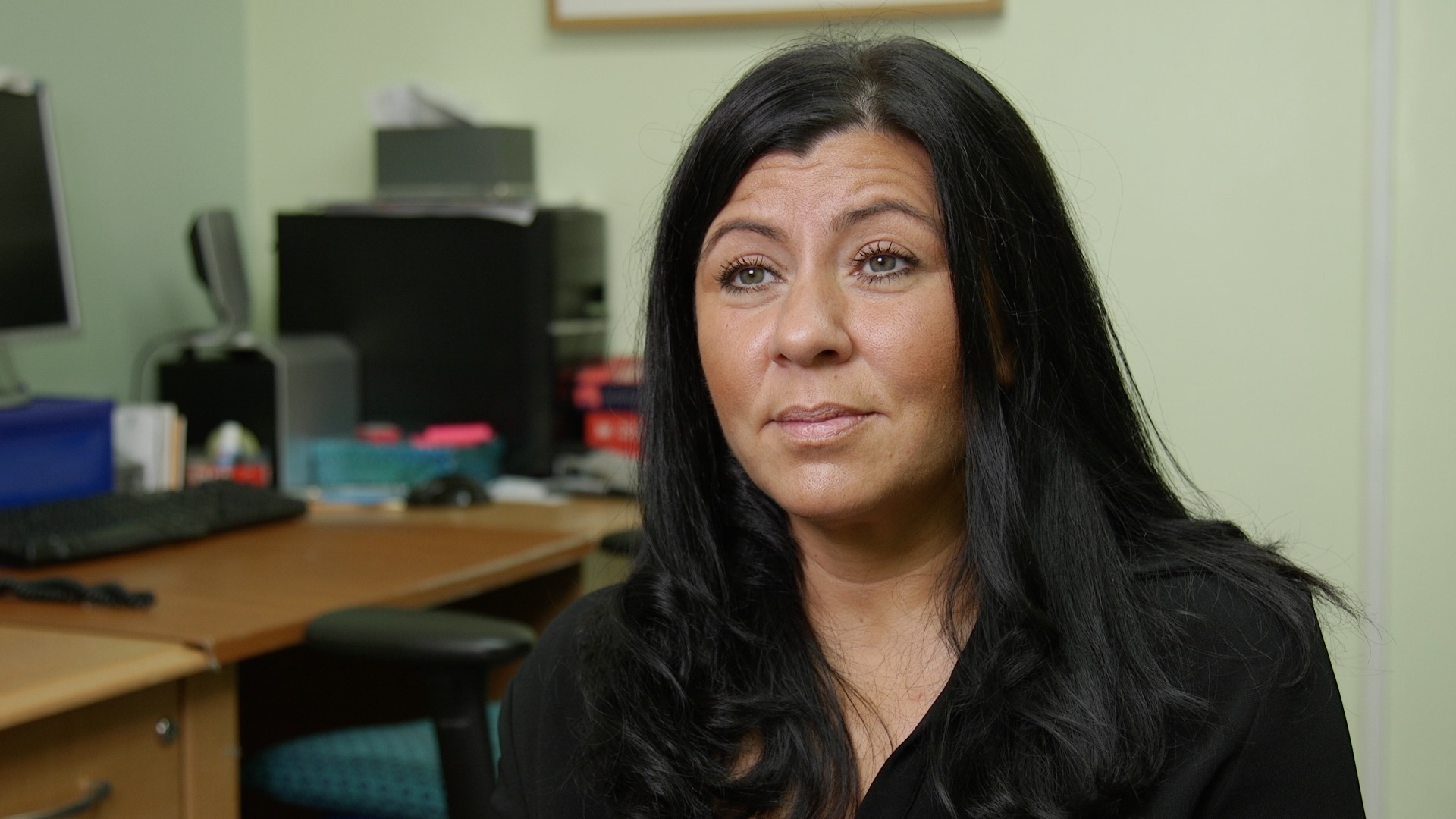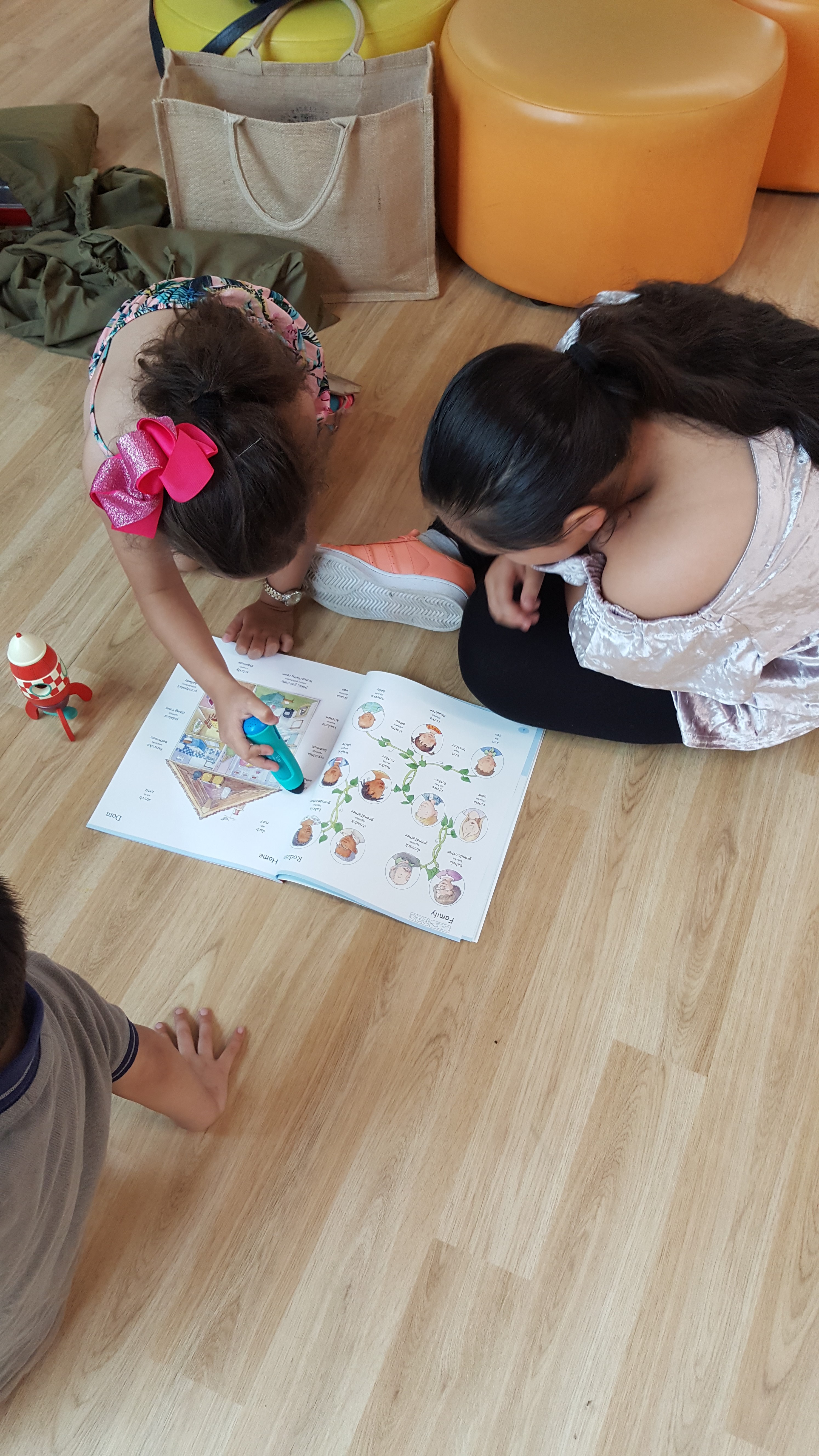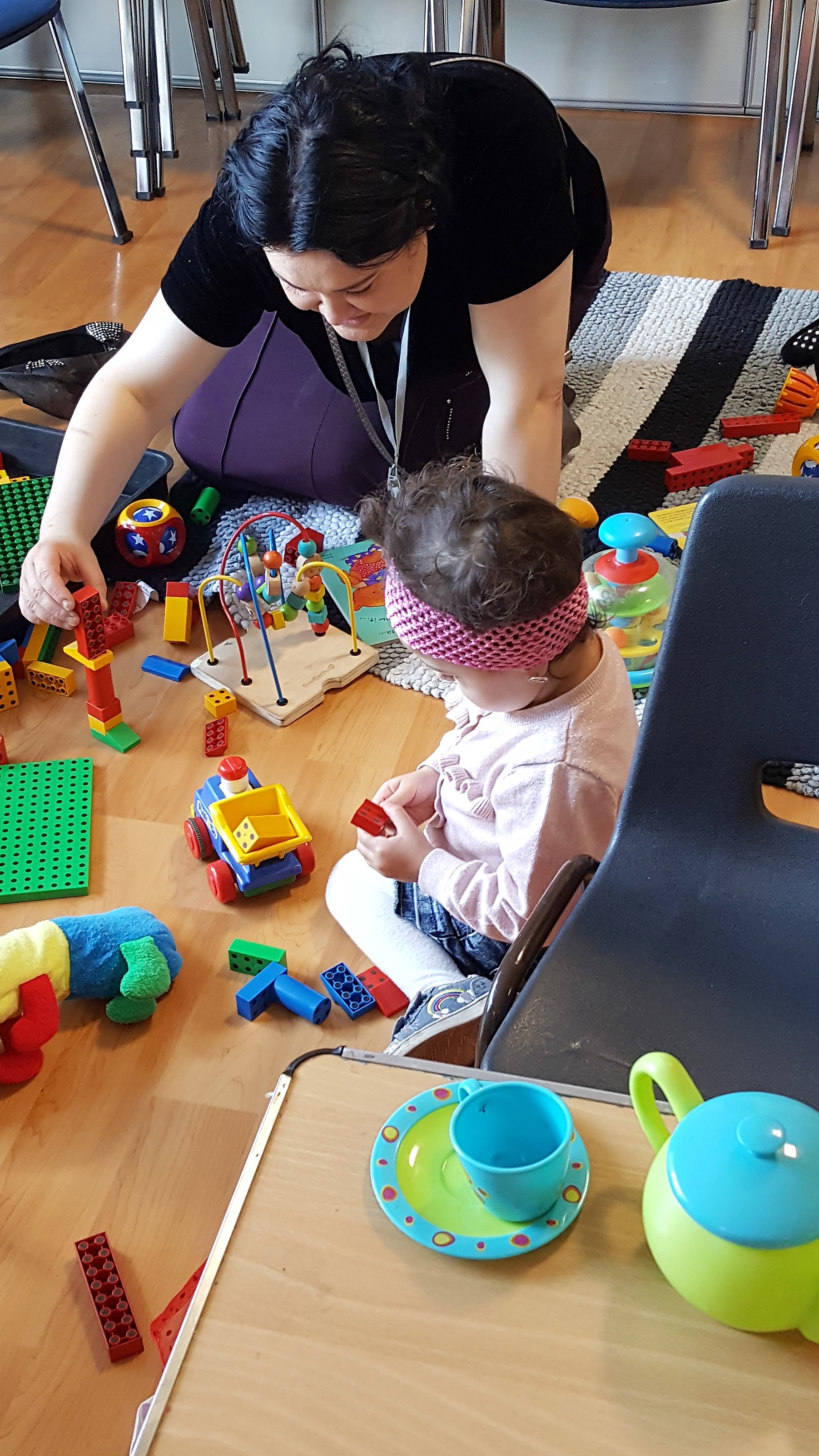You may feel upset, angry or scared about what is happening and feel it is the social worker’s fault. It is best not to take out these feelings on the social worker as they are usually just trying to do their job in often very demanding situations.
Social workers often have to work with many more families than they used to. They have to help people in very difficult circumstances and can feel stressed or overwhelmed themselves. Many services that they used to work with, like children's centres, or services such as the Traveller education teams, have closed down in the last ten years so there is even more pressure on them.
Due to all these pressures, sometimes they won’t do their job as well as you would expect. On very rare occasions a social worker will do something that Social Work England would need to investigate.
More common problems come from significant everyday pressures on social workers. Examples might be where the social worker doesn’t reply to you as quickly as you would expect, is late for appointments or late to get paperwork to you. They may also be rushed because they are short staffed and may not take enough time to explain things to you in a way that you can understand.
This is often called ‘poor practice’. It happens when a social worker doesn’t give a good standard of care or support or doesn’t respect the rights of the people they are working with.
Serious problems you might face could be to do to with the social worker:
- not respecting your culture or heritage, or
- making decisions on information you think is incorrect or incomplete, or
- not knowing the law.
You might want to complain about these problems. We talk more about this next.
If you think you have experienced poor practice
Before you make any decisions about making a complaint it is important to understand that if the family court has been asked to make a decision about your child, complaining will not get that court order changed.
If you decide to complain, it is important to think carefully about when in the process to complain.
You have the right to complain and doing so should not count against you but it can be hard to work with the social worker after you have complained.
There is no guarantee that your child will get a new social worker just because a complaint has been made.
If you have a solicitor ask them for their advice. If not, you can get free, confidential and independent advice from Family Rights Group on this. They are a charity who advise families on their rights and options when social workers or the court make decisions about their children’s welfare.
When deciding when to complain it is important to know that Children’s Services usually only have to deal with complaints about things that have happened in the last 12 months.
Who to complain to and how to complain
Remember!
If you do decide to complain it is really important to:
- try to stay calm
- be polite but firm
- don’t shout or swear
- ask an advocate or other member of your community to support you.
If you decide to complain these are the steps you need to go through.
Step 1
First, try and sort things out with the social worker if you feel you can. If this doesn’t work ask to speak to their manager.
They should help you and the social worker come to a better understanding and sort out the problem. It is best to try and resolve the problem at this stage if you can as this is likely to cause the least damage to the relationship you have with the social worker which will help your child.
If you are not happy with how the social worker and their manager deal with the problem then you need to complain to:
- the Children’s Services Complaints Officer, or
- the Complaints team at the council where the social worker is employed.
Every council must have a complaints officer or complaints team.
Don’t be put off if you are worried about writing things down. You can ask an advocate to help you write a complaint. Or you can just tell Children’s Services you want to make a formal complaint, or you can record a voice message or video if you have a phone that lets you do this. Be sure to go to Family Rights Group - how can a complaint be made for more help if you decide to complain.
There are three parts or stages to the complaints process.
Stage 1 - this is when the social worker, their manager and the complaints officer respond to your complaint to try and solve the problem informally. If you are not happy with their suggestions you can go to the next stage.
Stage 2 - this stage is longer and more formal with a proper investigation. There must be a report that sets out what was investigated and what should happen next. You must get a copy of this report. Someone called an ‘adjudicating officer’ makes a final decision about the complaint based on the report. You must get a copy of this decision.
Stage 3 - If you are not happy with the decision made by the adjudicating officer you can ask a panel of three people who have no involvement in the case or the complaint to review the decision. This is called a ‘panel review’. They look at what happened at Stage 2 to decide if the complaint was properly investigated. They need to suggest a solution to the problem and see what can be done to put right any injustice faced by the person complaining.
For more details on how each stage works, look at Family Rights Group - how complaints are dealt with.
If you are still unhappy after going through the Children’s Services complaint process you can go on to step 2.
Step 2
If you are not happy with how the council where your social worker works has dealt with your complaint you can complain to the Local Government and Social Care Ombudsman. This is an independent organisation that has the job of investigating complaints about local government bodies - this includes the council that employs your child’s social worker.
It is important to understand that the Local Government and Social Care Ombudsman cannot investigate a complaint if:
- you simply don’t like the decision made by the social worker
- the complaint is about a court case about your children - whether it is happening now or has ended.
For more help and information on taking this step, look at Family Rights Group’s section called complaining to the Local Government Ombudsman.
If you think you have suffered discrimination
What is discrimination?
Discrimination is where you’re treated worse than other people because of who you are.
Race discrimination happens when you are treated worse than someone else because of your race. ‘Race’ includes your nationality, and ethnic or national origins. Race discrimination is unlawful. So, the law says that a social worker cannot treat you less well than another parent just because you are a Roma parent. If they do, then that treatment would be ‘race discrimination’
You can also be discriminated against if the social worker or their employer have rules or ways of doing things that put you as a Roma parent, and people like you, at a disadvantage. An example of this might be when the social work team do not provide a Romanes interpreter for a parent that only speaks Romanes.
You can read more about the ways people are protected from being discriminated against on the Equality and Human Rights Commission’s website.
If you think you may have suffered race discrimination because of the way the social worker has treated you or because the way they work has put you, as a Roma parent, at a disadvantage it is important to get some legal advice. Go on to the next section for more help on this.

 This guide explains:
This guide explains: Children’s Services is the name given to the department in each local council that is responsible for the safety, health and well-being of all children. Children’s Services employ social workers. Their job is to support children and their families to keep children safe. They have a legal duty to put the well-being of children first. Sometimes their view on what is best for a child may not be the same as yours.
Children’s Services is the name given to the department in each local council that is responsible for the safety, health and well-being of all children. Children’s Services employ social workers. Their job is to support children and their families to keep children safe. They have a legal duty to put the well-being of children first. Sometimes their view on what is best for a child may not be the same as yours. In this section we explain how to work well with the social worker.
In this section we explain how to work well with the social worker. The law says that social workers must put the wellbeing of children first. It also says that children should be raised within their family, usually by their parents, unless the court says this is not in the best interests of the children. This means that the social worker must respect your family and help you keep your children safe at home, if they possibly can.
The law says that social workers must put the wellbeing of children first. It also says that children should be raised within their family, usually by their parents, unless the court says this is not in the best interests of the children. This means that the social worker must respect your family and help you keep your children safe at home, if they possibly can. Roma people have told us that misunderstandings between social workers and Roma families have caused problems. Sometimes, parents feel that the social worker does not understand their culture or heritage. A lack of cultural awareness can mean that the social worker goes on stereotypes rather than learning about your experiences.
Roma people have told us that misunderstandings between social workers and Roma families have caused problems. Sometimes, parents feel that the social worker does not understand their culture or heritage. A lack of cultural awareness can mean that the social worker goes on stereotypes rather than learning about your experiences. It is always best to try and work with the social worker who is involved with your family as this will help your children.
It is always best to try and work with the social worker who is involved with your family as this will help your children. This guide was written and produced by Law for Life thanks to funding from The Tudor Trust.
This guide was written and produced by Law for Life thanks to funding from The Tudor Trust.